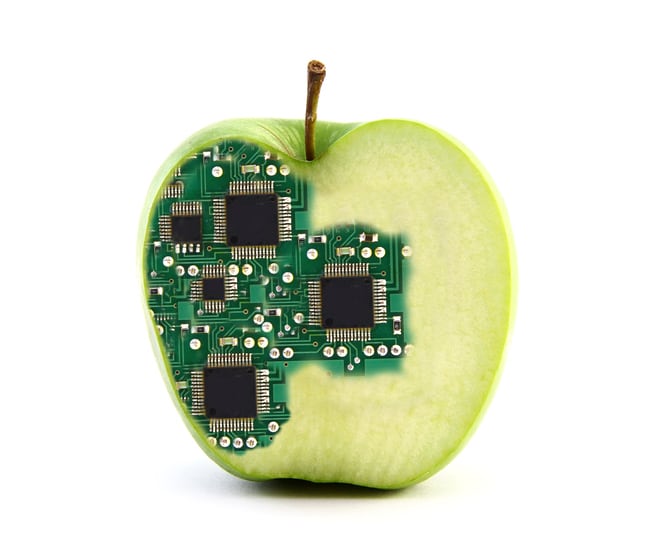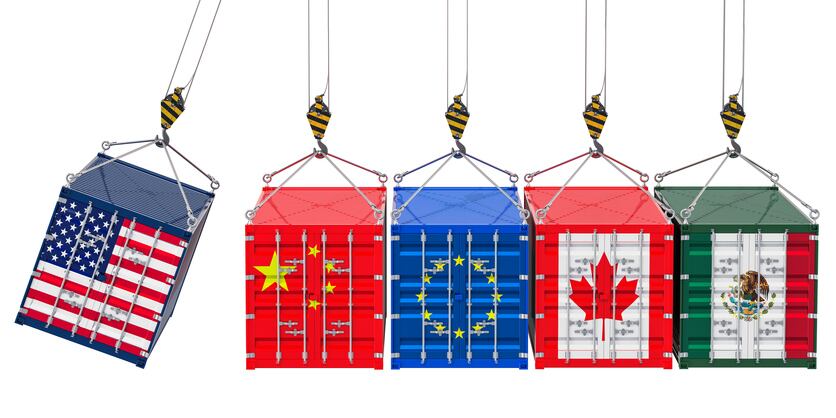In 2014, the Grocery Manufacturers Association estimated the cost of global food fraud to the industry to be between $10 billion (€8.8bn) and $15 (€13bn) billion each year.
It also affects around 10% of all commercially sold food products – although according to Bob Baker, global head of technical food safety development at Mars, this is a conservative estimate.
Without revealing how much how much the problem costs Mars each year – as a privately-held business this is sensitive data and exact numbers are difficult to calculate anyway due to the nature of the problem, he said – Baker said Mars is “no different” to other food industry actors, particularly given the globalised nature of its supply chain.
Tackling this "multi-department, multi-industry and multi-discipline problem” is, therefore, a priority for the manufacturer.
“We are overcoming this in several ways by taking a pre-competitive approach to food safety and collaborating with a range of partners across industry and academia to progress our understanding in this area," he told FoodNavigator. "We have also set challenging 10-year targets in three critical areas of food safety, one of them being food integrity, which includes raw material integrity and food authenticity.”
Foodtech solutions
Baker said the company, whose brands include Dolmio, Uncle Ben’s, Snickers and Skittles, is testing new technologies that could help food and food integrity. This includes Blockchain, veterinary surveillance, Next Generation Sequencing (NGS) and metagenomics.
“The IBM-Mars Consortium for Sequencing the Food Supply Chain is looking to develop a better understanding of the microbiome in order to move from a reactive to a predictive capability in food safety. By understanding those subtle changes in the microbiome of materials, we’ll be able to identify potential contaminants that would indicate those materials might have been tampered with somewhere along the supply chain.
"We’re also starting to explore fingerprinting technology. Some of the new techniques allow you to develop a ‘fingerprint’ for the raw materials themselves. You would then be able to look for a subtle change in the fingerprint, which means the food has been changed. This would alert you to take a deeper look. That’s where I think the future is.”
"What we want is to shift food safety risk management from a reactive to a predictive model; from test-based food safety programs to smarter and more agile solutions where we could have an in-depth understanding of the interactions between microbial ecology and sentinels for potential food safety risks.
"[Mars is] working towards a global systems approach, where regulators, academia and even our competitors can access and link together all relevant data to gain critical insights and predictive capability using genomics, social media, veterinary and human surveillance.”
The geopolitical landscape
Geopolitical events also have a significant impact on food integrity by causing shifts in supply and demand that open up new opportunities for fraudsters.
Brexit and the rise of trade wars between the US, China and the EU are just two that could have big repercussions, Baker warned.
“Food fraud is going to be impacted by developments we’re seeing in cross-border trade and regulation. We’re also seeing challenges emerge around rules of origin requirements in discussions around Brexit, for example,” he said.
“I don’t think Europe is unique in the food fraud issues it faces,” Baker added. “Food fraud tends to hit high-value products, for example, Scotch whiskies or Bordeaux wines, which are being copied and counterfeited. Any product that has value becomes a prime candidate for food fraud, and that’s true across the whole world.”
“It’s a constantly evolving picture. If you look at the whole melamine question – the China milk scandal in 2008 – the people who started thinking about that knew how to circumvent the testing protocols. As tests are being developed, you’ve got individuals who are finding ways to get around them. The issue here is, we have to keep one step ahead, and that’s the challenge.”




